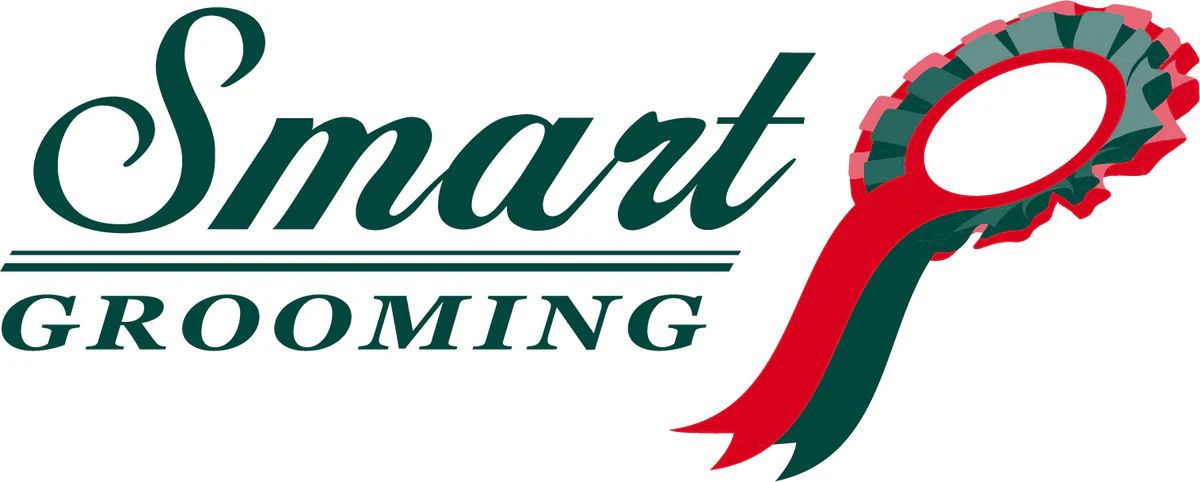- Join Us
- Login
- EEA ToolKit
- Employment Essentials
- Frequently asked
- Contracts and wages
- Time off work & absence
- Staff management & training
- Workplace disputes
- Dismissals and resignations
- Pregnancy and children
- Avoiding discrimination
- Redundancy and Retirement
- Other responsibilities
- Legal Helpline
- Recruitment
- Good Recruitment
- New starters
- Find a groom
- Good Employment
- Resources
- Downloads Library
- EEA Pension & Payroll
- Safe workplace
- Employers Minds
- Transporting horses
- Riding Establishment Licences
- Member discounts
- Business Hub
- Equestrian businesses
- The business plan
- Business compliance
- My clients
- Livery Contract Creator
- Financial matters
- Business challenges
- Marketing
- The EEA
- Employers Life
- Contact

Employer's Life
93% of employers told us that they are finding it difficult to recruit skilled workers - this is a staggering statistic. Vicky James, the EEA Membership Engagement Coordinator, shares her views on the challenge that faces all equestrian employers... We need to consider the change in expectations from the newer generations entering the workplace, and this is in fact something that is not equestrian-specific. Plus we need to recognise the changing times, especially following the Pandemic and now during the Cost of Living Crisis. Many of the staff that you will now employ will be Generation Z (those born from 1997 onwards). They will have different ideas about what is acceptable than the generations that proceed them. Generally, they will expect: They are far more likely to change jobs where these needs are not met. As an employer, we must consider this and change the viewpoint that the youngsters today are the same as us older generations - they are not. There is sometimes an assumption that young people do not want to work, but this simply isn’t the case. They have grown up differently – for example, digital interaction with friends throughout the day is normal. Generation Z has much higher rates of mental health problems than other generations and may need more support - this means often that the method of 'constructive criticism needs to be carefully considered. For some, family affluence and the value of money may differ from those who are older with more sole financial responsibility. All these things mean that employers need to work harder to attract and engage young people, ensuring they can be flexible and adaptable to their needs to get the best out of them. The needs and expectations of other generations are changing too – your baby boomers, generation X, and millennial members of staff shouldn’t be ignored either. Some may be caring for elderly relatives or becoming new parents. Employers need to be flexible and supportive to retain the knowledge and skills of these workers within the industry. They must be open to staff being able to work around their other commitments outside of work. When recruiting, it is really worthwhile considering how the yard operates and whether you could make changes to make the role more attractive to, for example, a return-to-work mum. Ali Dane, Director of Hurston Dressage and Eventing explains, “We begin our day at 8 am. I have one member of staff between 8 am and 9 am which allows other members of my team to fit their work around the school run.” Low wages are an issue across the industry. It is very common for stable staff to be paid at the National Minimum Wage level. Our recent survey told us that 57% of employers see the difficulty of recruiting due to low wages as a huge employment risk. 63% are already worried about the affordability of the National Minimum Wage - especially when it goes up on 1st April 2023. Brexit has also caused major issues for some employers too. As grooms are not included on the Government’s Skilled Worker list, it is no longer possible to recruit from the rest of Europe, narrowing the talent pool even further. There is no solution to this challenge and so it is important for employers to offer attractive roles to those that are eligible to work in the UK. So if you are really struggling to recruit staff, my view is that you need to take a half-halt and review the opportunity that you are offering. The reality is that you will be recruiting predominantly Generation Z'ers... and so here are some suggestions of considerations: The EEA is here for you and your business. If you need support, you can get in touch with us at any time here. If you’re not a member yet have a look at how we can help you. Recruitment crisis
17th November 2022

Recruiting staff is difficult, and it is no secret that there is a lack of grooms in our industry. Is it time to look at things a bit differently? I think it is.
New Generations
YOUNG PEOPLE DO NOT WORKOther generations
Low wage sector and brexit
EMPLOYER CONSIDERATIONS
BLOG ARCHIVE
- 2026 (3 ENTRIES)
- 2025 (18 ENTRIES)
- 2024 (10 ENTRIES)
- 2023 (10 ENTRIES)
- 2022 (6 ENTRIES)
- 2021 (4 ENTRIES)
- 2020 (7 ENTRIES)
- 2019 (14 ENTRIES)
- 2018 (9 ENTRIES)

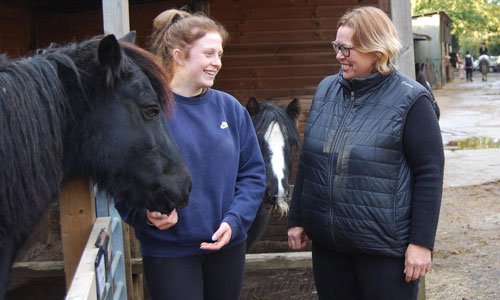











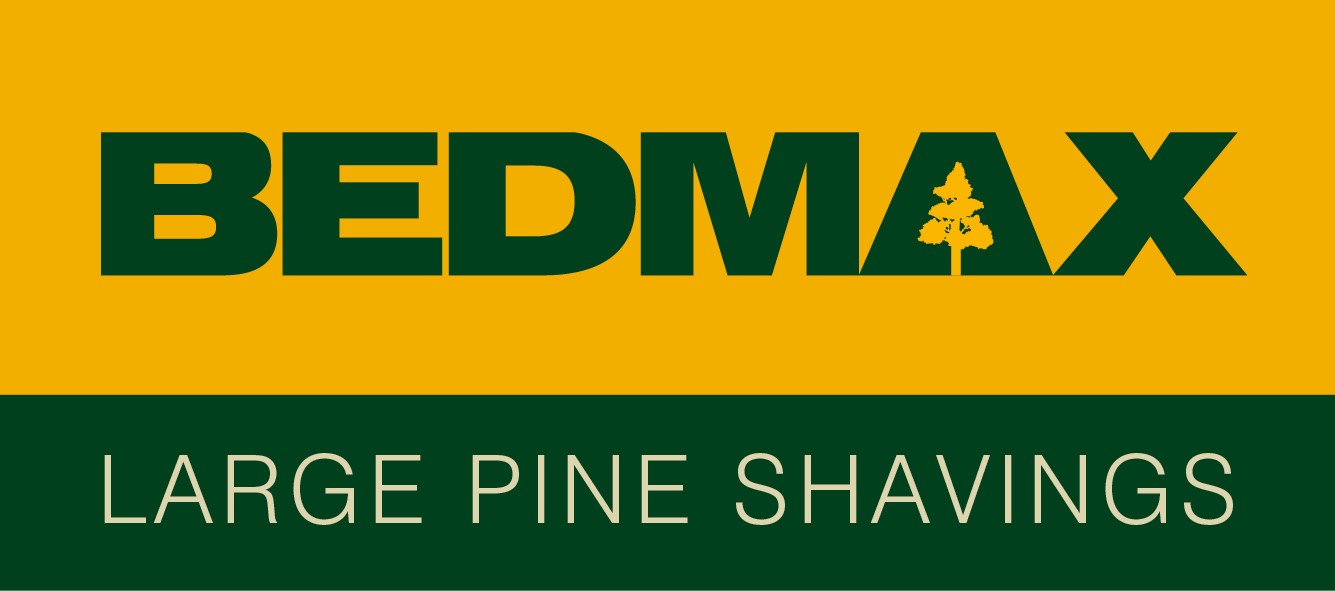
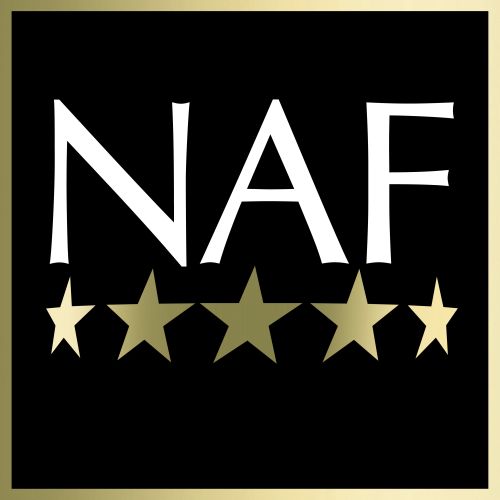


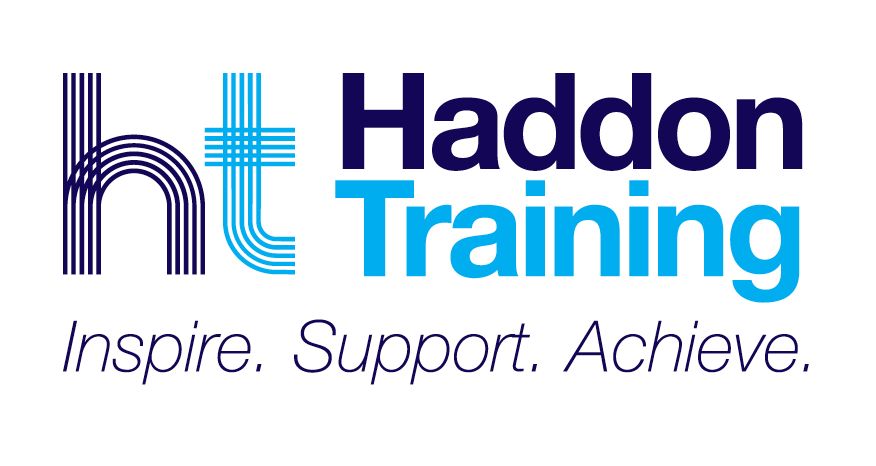
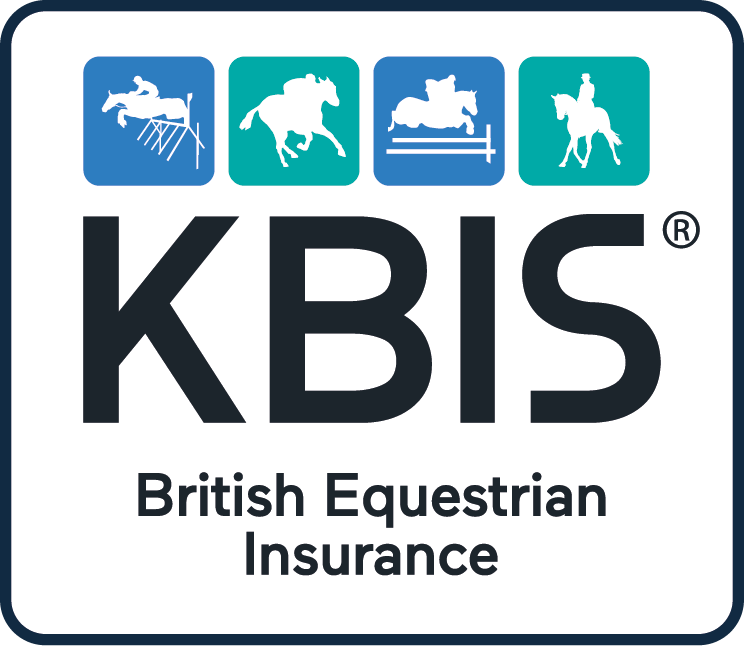
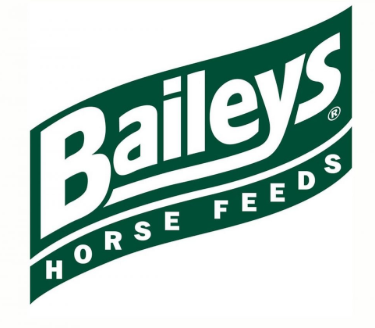
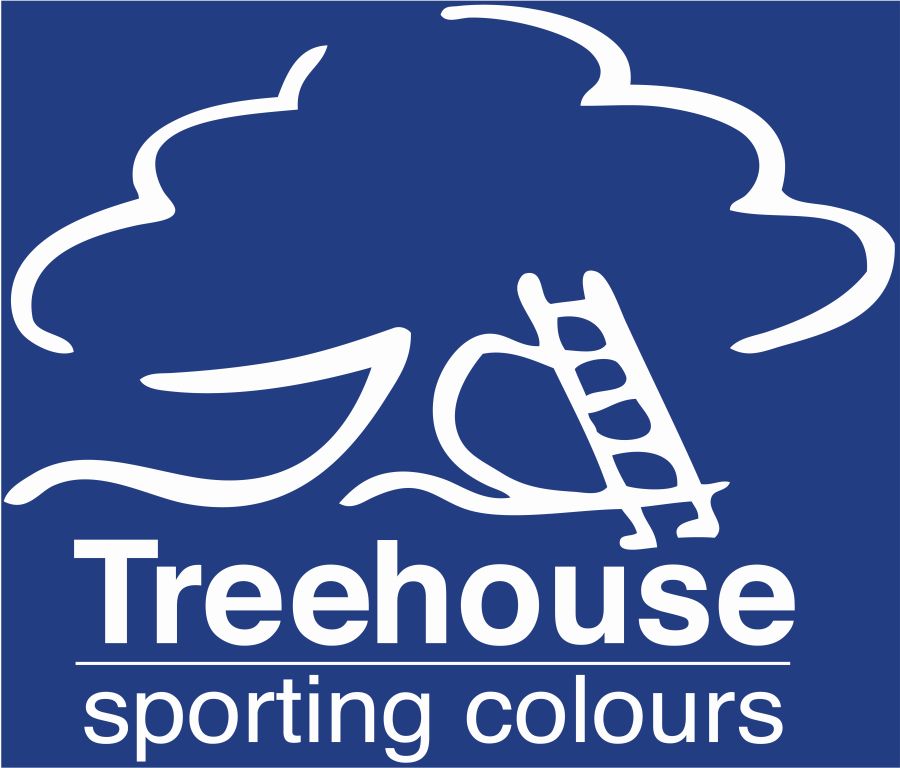

-Small.jpg)

